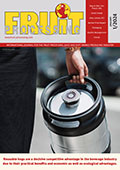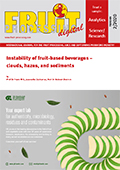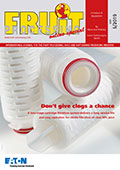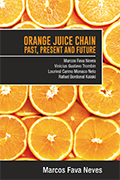Bioplastics In The Juice Industry
The present and future of bioplastics in the juice industry in Europe will be…
The present and future of bioplastics in the juice industry in Europe will be debated on 18 April in Brussels, at an international workshop organized by AINIA Technological centre and the European Fruit Juice Association (AIJN).
PHBOTTLE, a project coordinated by AINIA, brought together an international consortium composed of the European Fruit Juice Association (AIJN), the companies Citresa (part of Suntory multinational), Logoplaste Innovation Lab (Portugal), Logoplaste (Brazil), Omniform (Belgium), Sivel Ltd (Bulgaria), and Mega Empack (Mexico), as well as the technology centres TNO (the Netherlands), Aimplas (Spain), and INTI (National Institute of Industrial Technology, Argentina).
The prototype packaging PHBOTTLE was obtained from the transformation of organic matter (sugar and others) present in the wastewater of the juice industry into a bioplastic material. This material was enhanced with antioxidants to prolong the shelf life of the juice, as well as its resistance and other ergonomic characteristics. Progress has been made possible by combining the latest advances in biotechnology, packaging and microencapsulation technologies, to demonstrate the value of organic waste from the juice industries as raw material to produce packaging for their products.
The momentum of bioplastics and a commitment to more sustainable packaging
The EU produces annually more than 67 million tonnes of packaging waste, of which about one-third is municipal solid waste. In developed countries, food packaging accounts for 60 % of all packaging, becoming the main generator of waste.









